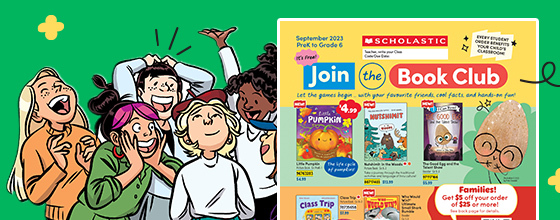
What inspired you to write your book? Where did the idea for your book come from?
Ideas fall onto my head like boulders or pianos onto Wile E Coyote. Total surprise. I say, “Wow” instead of “Ouch.” One day last year I was thinking that all the heroes in my books were me if I was a bit different. Me if I was more of a scaredy cat, me if I was a germaphobe, me if I had a different learning disability, me if my best friend was a zombie. That kind of thing. I wondered if I could write a book around a hero who was, well, me. If my hero’s mind worked just like mine does. I researched treatment for neurodivergent kids (which I was – now I’m a neurodivergent adult), and came across one drug whose side-effects included hallucinations. And I thought: what if my hero takes that drug? He won’t know what’s real and what isn’t. All SORTS of things could happen – or maybe not happen. And that was the idea for At the Speed of Gus.
What did you enjoy most about writing? What were some challenges that you faced while writing?
The funnest-to-write sections of At the Speed of Gus were the ones where he’s hallucinating. It’s like a cartoon. Anything can happen. A river of bird poop? Sure. An invisible dog? Sure. A runaway hospital gurney? Sure – no wait, that actually does end up happening. Reality is tricky, isn’t it?
What do you hope your readers will take away from your book?
I want everyone who reads this book to realize that the way they think and feel, the way they approach themselves and the world – who they are – is fine. Does your mind wander? Do you fixate on things for no reason? Do you have racing thoughts? Do you get down on yourself? Do you wonder what’s real and what isn’t? This book sees you. And if you don’t doubt yourself at all, ever – well, maybe you should.
How do you come up with the names for your characters?
Names? I borrow them from family and friends and people I meet. Gus’ best friend is my best friend. His principal is another friend. His sister is my great aunt. The kid on the ferry is someone I met at a grocery store.
What books have had the biggest impact on your life? What books were your favourite to read growing up?
I fell in love with Winnie The Pooh, Mr. Toad, and the gang from Narnia as an 8 or 9 year old, then moved on to Freddy The Pig and Frodo Baggins. Favourite characters would also include Little Black Sambo, Frog and Toad, Nigel Molesworth (look him up – he’s hilarious!), Ramona Quimby, Anne Shirley, Jane Eyre, Eliza Bennet, Sam Weller, Tom and Captain Najork… the list is not endless, but it’s long.
What does your writing process look like?
I practise like any professional athlete – regularly, despite injuries, always trying to get better. I practise writing rather than hockey, but the principle is the same. Am I a hall of famer? Not really. I identify with the guy digging for the puck in the corner rather than the superstar selling body wash.
What is next for you?
What’s next? More of the same. I have an almost practical textbook about writing coming out next year. And a novel about two wacky kids at a Bible camp the year after that. I’m getting paid to do something I’d do for free. Why would I change jobs?
What piece of advice would you share with young readers?
My advice to you, reading this, is – well – to keep reading. Then maybe think about putting some of your own story out there. Because your story matters. Yes it does.
Why do you think reading is so important?
Reading other people’s stories – people from other times and places, people who don’t look like you or talk like you or do what you do – will help you understand them. We all have things in common. We have to get along with each other if the world is going to survive. And understanding is the key to connection.
 Book Clubs
Book Clubs
Scholastic Book Clubs helps kids discover the joy of reading. Together, we put can’t-miss books into kids’ hands—at can’t-miss prices, while also giving back to a teacher's classroom!
Visit us online Book Fairs
Book Fairs
Bookjoy or bust! Millions of children have discovered books—and a lifelong love of reading—at a Scholastic Book Fair.
Visit our site